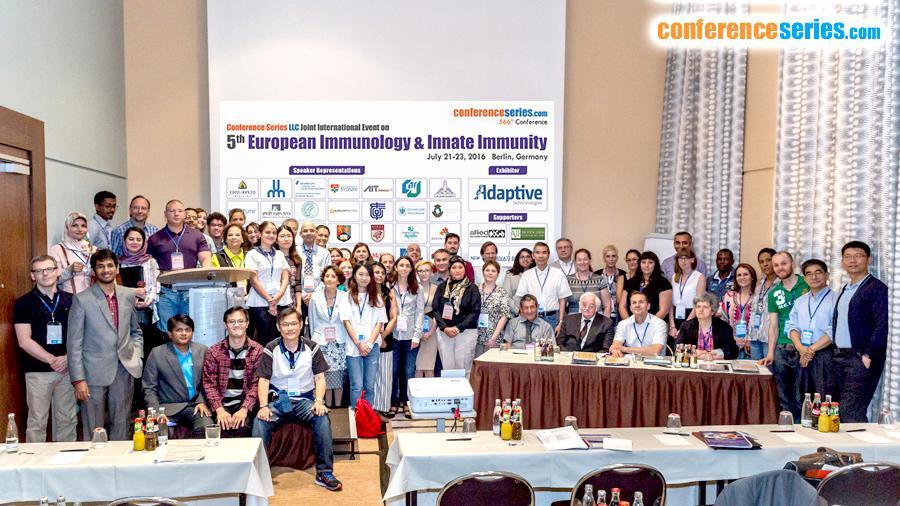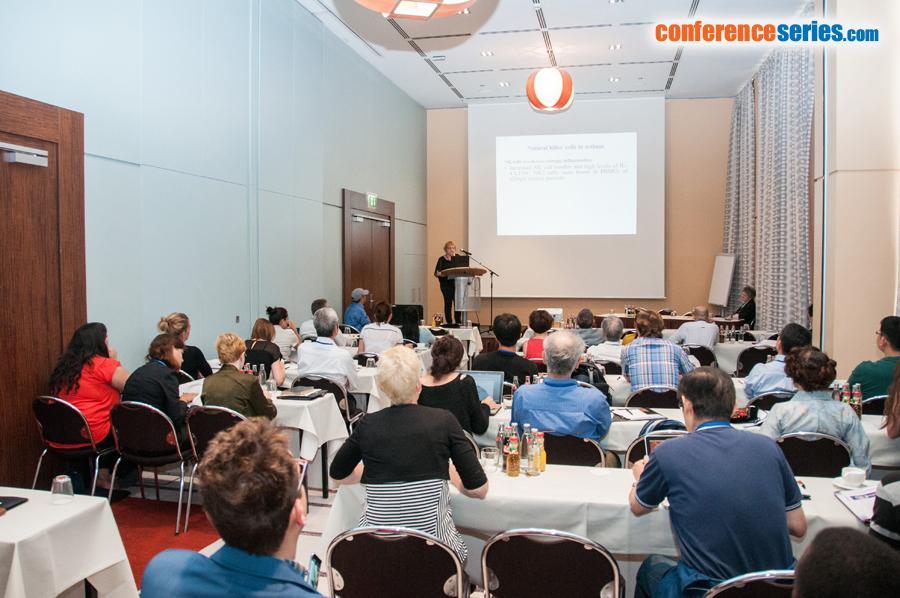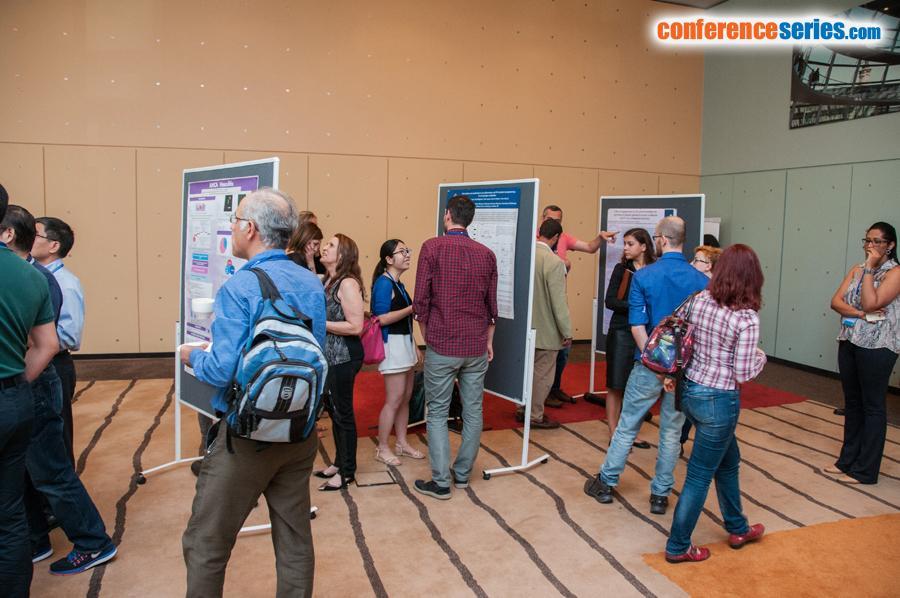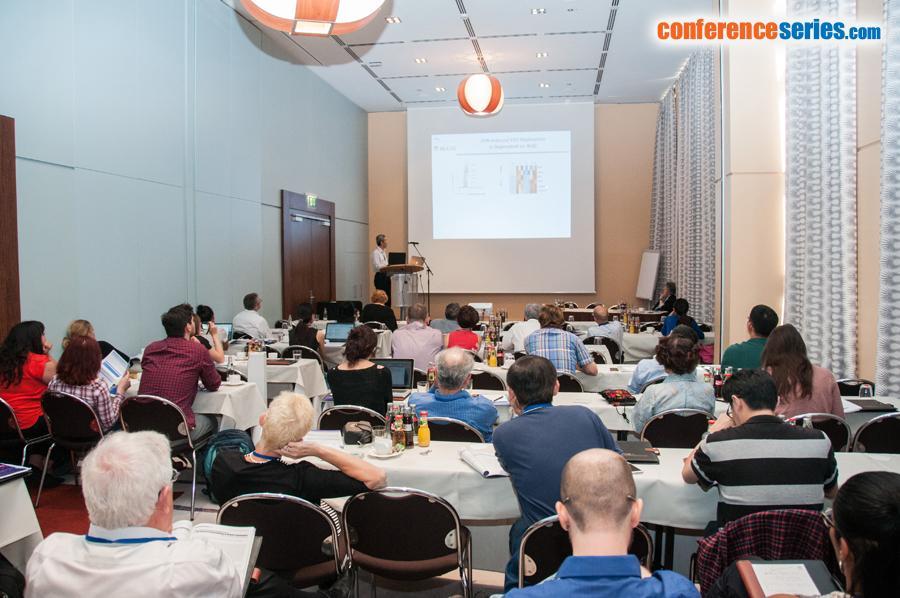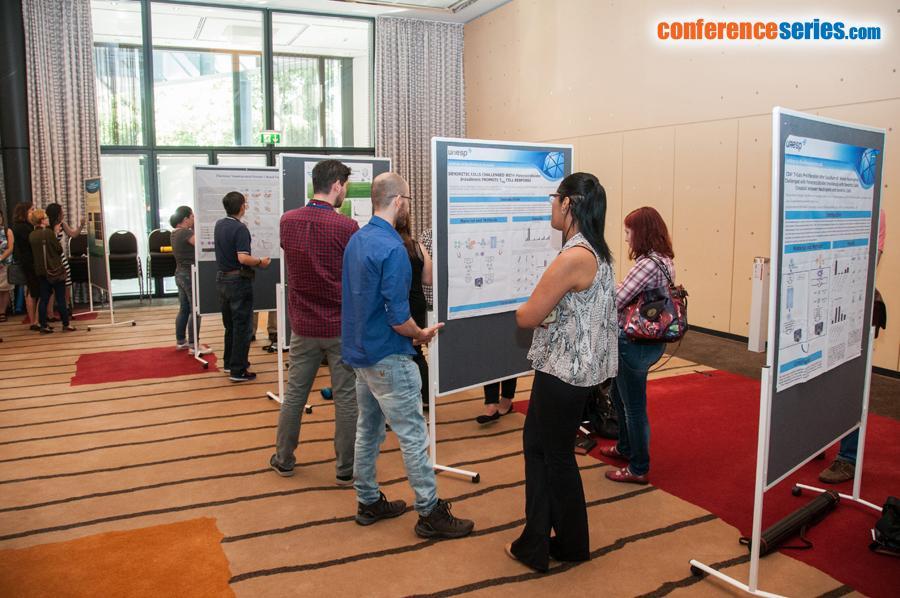Andreia Marques Ribeiro
National University of Ireland, Ireland
Title: A rapid and quantifiable flow cytometry-based potency assay to measure the immunomodulatory properties of mesenchymal stromal cells
Biography
Biography: Andreia Marques Ribeiro
Abstract
Mesenchymal Stromal Cells (MSC) possesses immunomodulatory and anti-inflammatory properties, having several effects on immune cells. For this reason MSC have been proposed as a potential therapeutic modality for osteoarthritis (OA) and rheumatoid arthritis (RA). However, there is a commercial need to have a reliable, rapid, quantifiable assay to assess the potency of allogeneic human MSC. The aims of this assay were to determine by flow cytometry the effects of MSC from bone marrow (BM MSC) and adipose tissue (ASC) on TNF-α and IL-6 production by LPS stimulated monocytes of healthy and patient samples. A number of factors were considered prior to optimizing the assay, including: Brefeldin A concentration, type of anticoagulant (heparin; K2EDTA or citrate), LPS concentration; blood dilution and incubation time. MSC numbers were then titrated and co-cultured with whole blood of healthy donors. All results are expressed as intracellular expression of TNF-α and IL-6, on gated monocytes identified as CD45+CD14+ cells using an Accuri four color flow cytometer. Result show that BM MSC and ASC significantly reduced TNF-α and IL-6 expression by monocytes from healthy donors and in OA and RA patients. Thus, we have established a rapid, reliable and quantifiable screening assay to determinate the effects of MSC on LPS activated monocytes. Such an assay could be used to screen the recipients’ monocytes for inhibition by the MSC preparation that will be injected, thereby contributing to personalized medicine. For this reason this assay is being used in the ADIPOA2 clinical trial.


